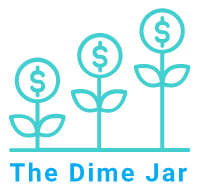Welcome to the Debt Management, where we will explore the fundamentals of managing and eliminating debt.
Debt Management – In this section, we will cover:
- Understanding Types of Debt
- Impact of Debt on Financial Health
- Developing a Debt Repayment Strategy
- Managing Credit Card Debt
- Strategies for Avoiding Debt in the Future
- Credit Card debt
- Student loans
- Mortgages
- Personal loans
- Auto loans
- Interest rates
- Repayment terms
- Consequences for defaulting on payments
- List Your Debts: Create a clear picture of what you owe, including interest rates and minimum payments.
- Prioritize: Focus on high-interest debt first, as it’s the most costly. Alternatively, you can use the debt snowball method, where you focus on paying off the debt with the smallest balance first, then move on to the next smallest balance, and so on.
- Make a Plan: Develop a debt repayment plan that works for your budget and goals.
- Consider Consolidation: Look into consolidating your debt to potentially secure a lower interest rate.
- Avoid New Debt: As you tackle your existing debt, do your best to avoid taking on more.
- Create a budget and stick to it
- Build an emergency fund to cover unexpected expenses
- Use cash or a debit card for purchases instead of credit cards
- Avoid unnecessary purchases and live below your means
- Consider the cost of debt before taking on new debt



Pingback: Money Mastery Guide – The Dime Jar